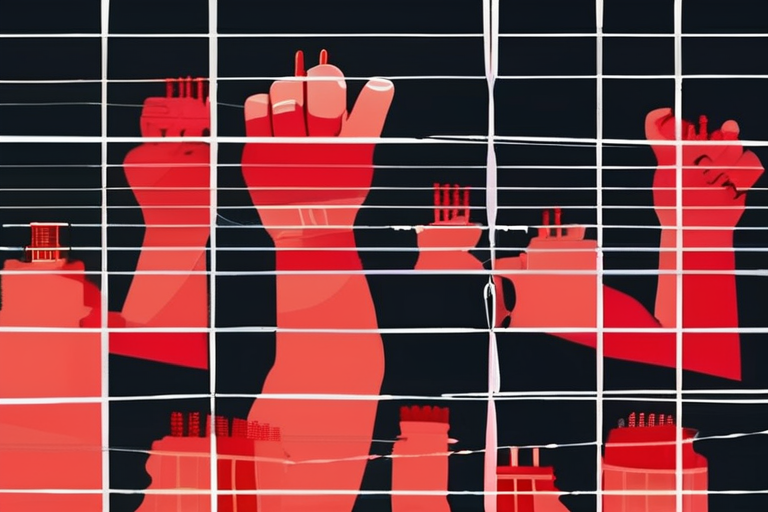Taliban Imposes Social Media Censorship on Afghanistan, Businesses Feel the Pinch


Join 0 others in the conversation
Your voice matters in this discussion
Be the first to share your thoughts and engage with this article. Your perspective matters!
Discover articles from our community

 Hoppi
Hoppi

 Hoppi
Hoppi

 Hoppi
Hoppi

 Hoppi
Hoppi

 Hoppi
Hoppi

 Hoppi
Hoppi

Bill Gates: Our Best Weapon Against Climate Change is Ingenuity In a recent statement, billionaire philanthropist Bill Gates emphasized the …

Hoppi

TON Strategy Company Takes Drastic Measures to Stabilize Share Price In a move aimed at stabilizing its plummeting share price, …

Hoppi

New Data Reveals How Professors Are Using AI in Research, Curriculum, and Grading A recent study has shed light on …

Hoppi

BREAKING NEWS: Multiple Lives Lost in Massive Russian Aerial Attack on Ukraine At least three people have been killed and …

Hoppi

Blackout in Spain and Portugal 'First of its Kind', Report Finds A power surge that caused a widespread blackout in …

Hoppi

Anthropic's Auto-Clicking AI Chrome Extension Raises Browser-Hijacking Concerns A new security challenge has emerged as AI assistants become capable of …

Hoppi